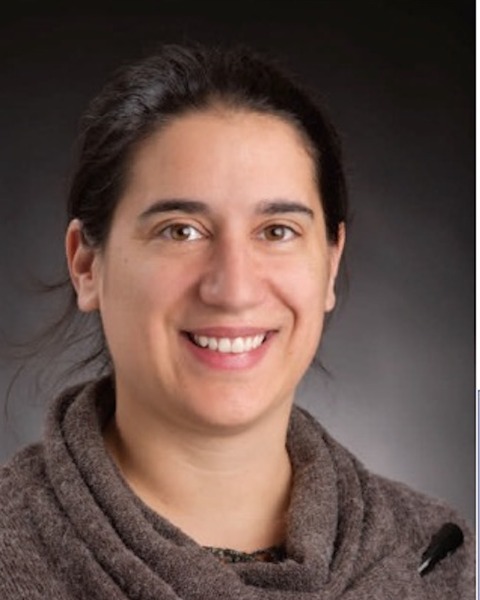Health Economics/ Outcomes Research
Session: Poster Session B
(185) Personalize My Treatment (PMT): The First Pan-Canadian Cancer Patient Databank Suitable for Generation of Oncology Real-World Insights
Saturday, August 26, 2023
8:00 AM - 6:00 PM ADT
Location: Convention Hall
Publication Number: 846

Maud Marques, PhD
Director of Scientific Strategy
Exactis Innovation
Montreal, Canada
Presenting Author(s)
Background: Exactis Innovation (Exactis) is a Canadian not-for-profit Business-led National Centers of Excellence organization. Exactis has established a unique standardized REB-approved digital cancer patient databank called “Personalize my Treatment” (PMT) is active at 16 hospital sites across 5 provinces in Canada.
Objectives: Cancer patient registries and associated clinical data collection represent an emerging trend to understand the impact of the disease on the population, identify contributing factors, and assess disparities in cancer incidence and outcome. Longitudinal clinical data collection also enhances the understanding of patterns of care, drug safety and efficiency in real-world settings and can be used to identify unmet clinical needs.
Methods: Exactis has agreements executed at 16 hospital sites that permit dedicated PMT Coordinators to enroll cancer patients in PMT and collect longitudinal real-world data (RWD) in a standardized secured online database. Through the PMT databank, patients across the country can be identified, selected for eligibility criteria, contacted, and enrolled in studies. Access to imaging scans, biospecimens and other information from patient medical records can also be collected retrospectively or prospectively.
Results: PMT has >8,500 participants enrolled to date. The main cancer cohorts enrolled in the registry are breast, colorectal, lung, prostate, melanoma and ovarian cancers. Other cohorts include, endometrial, head and neck, bladder, sarcoma, kidney, pancreas cancer cases. Information collected includes demographics, cancer type and history, events of progression/recurrence, diagnosis, tumour resection, treatment sequences, and biomarkers.
Conclusions: Exactis has established a Network and a cancer patient databank that reflects the full diversity of Canadian oncology patients and their medical journey. The comprehensive real-world dataset in PMT can be leveraged to bring a higher level of certainty on the clinical benefits of new cancer therapies in a real-world population. It can also support new indications and highlight treatment gaps.
Objectives: Cancer patient registries and associated clinical data collection represent an emerging trend to understand the impact of the disease on the population, identify contributing factors, and assess disparities in cancer incidence and outcome. Longitudinal clinical data collection also enhances the understanding of patterns of care, drug safety and efficiency in real-world settings and can be used to identify unmet clinical needs.
Methods: Exactis has agreements executed at 16 hospital sites that permit dedicated PMT Coordinators to enroll cancer patients in PMT and collect longitudinal real-world data (RWD) in a standardized secured online database. Through the PMT databank, patients across the country can be identified, selected for eligibility criteria, contacted, and enrolled in studies. Access to imaging scans, biospecimens and other information from patient medical records can also be collected retrospectively or prospectively.
Results: PMT has >8,500 participants enrolled to date. The main cancer cohorts enrolled in the registry are breast, colorectal, lung, prostate, melanoma and ovarian cancers. Other cohorts include, endometrial, head and neck, bladder, sarcoma, kidney, pancreas cancer cases. Information collected includes demographics, cancer type and history, events of progression/recurrence, diagnosis, tumour resection, treatment sequences, and biomarkers.
Conclusions: Exactis has established a Network and a cancer patient databank that reflects the full diversity of Canadian oncology patients and their medical journey. The comprehensive real-world dataset in PMT can be leveraged to bring a higher level of certainty on the clinical benefits of new cancer therapies in a real-world population. It can also support new indications and highlight treatment gaps.

